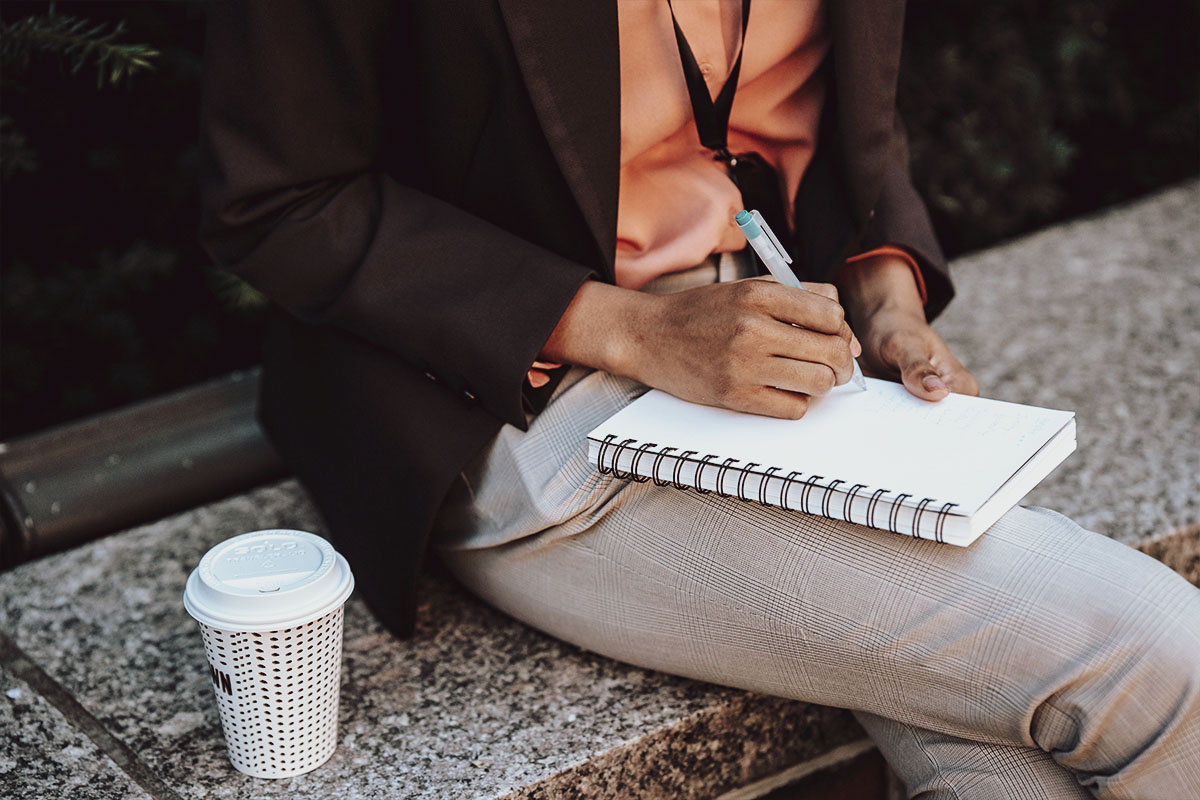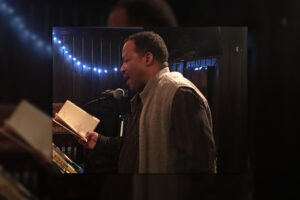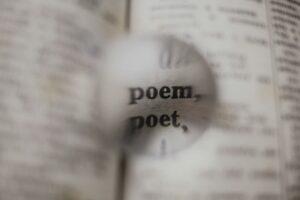The process of writing is personal and often tedious. Whether you’re journaling, completing a manuscript, or just reaching out to friends, you probably have your own little methods for putting words to paper. If you write poetry, or even read it, you’ll probably interpret that statement even more intensely. That’s because it’s especially true of poetry. Poems are connected to their authors in a manner that contributes to their very identity and qualifications as a poem. So, in a time where a global pandemic has uprooted our very way of existing, where does poetry land. I propose but one answer: right at the top of your priorities.
This is not the first pandemic; from the Bubonic Plague all the way up to AIDS, disease and its social repercussions has organically and unapologetically fastened itself to some of the most powerful poetry that we can look back on.
That’s not to say that the pandemic shouldn’t take a toll on you. In fact, that’s half the point of this article. There is no blueprint for enduring these unprecedented times. What it is to say, or rather suggest, is that immersing yourself in poetry hasn’t become less important in the changing society we are living in.
Poetry is both a bayonet and a shield at the same time. To the confessionalist, poetry is a means of processing deep and personal events. To the sonneteer, poetry is a means of diversifying the expression of love and forming a connection under a new lens. Whatever form you use, and whatever topic you cover, poetry always harks back to the cathartic and therapeutic qualities of writing. This is to say: the personal and interpersonal effects of poetry often have the capacity to serve as a buffer against the challenges of the pandemic. The challenges vary widely. There are the obvious tolls of physical health risks but also the less popularly discussed cultural ramifications of preventing the spread of COVID. We as a people thrive on connection and mutuality; we cannot all meet our personal needs individually. One of the most shared feelings this time last year was an inability to find activities that could be done safely and universally. If you are looking for a solution to an unprecedented event, it might be time to try an unprecedented activity.
Everyone’s relationship with poetry stands at a different stage. You might be an award-winning master of the form. You might be noticing that your journal entries have some rhythm to them. You might be reading at open mics but wish your hands didn’t shake as much. Regardless, now is a perfect time to immerse yourself in poetic structure. It’s the time to say what you have to say. It’s the time to ask yourself what you want to say and how you want to say it. If you don’t want to say anything at all. Then now is the perfect time to pick up a pen and a notebook and write down the most perfect silence you can imagine.
We need poetry.





